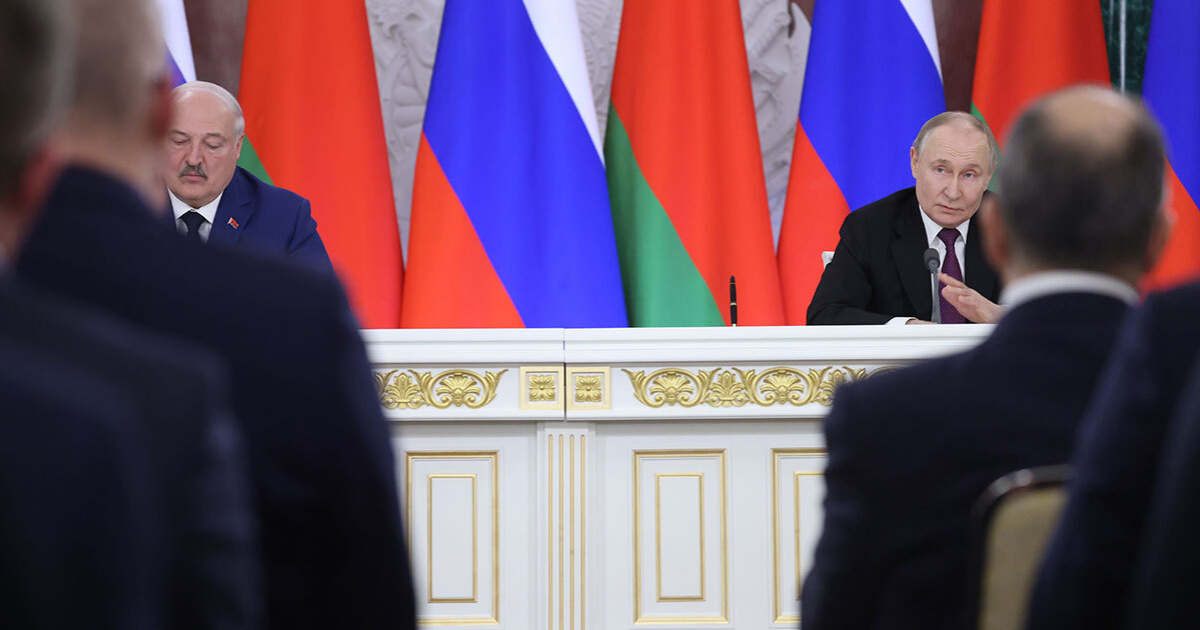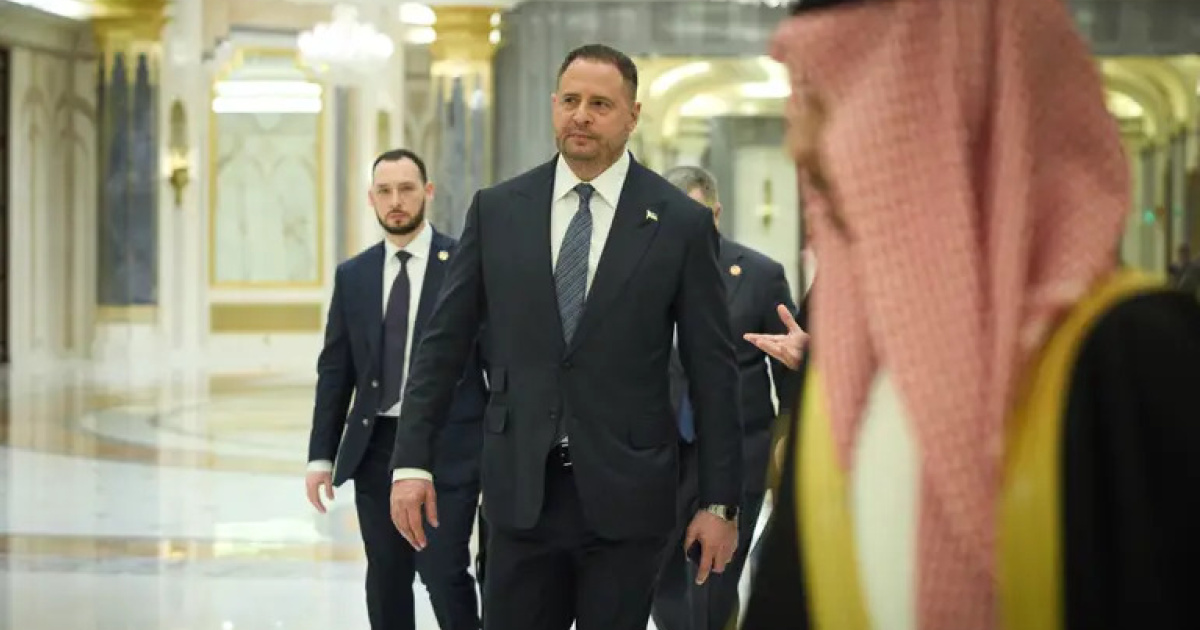
Just a month ago, the National Bank of Ukraine assessed the probability of disruptions in Ukraine's foreign financial support as insignificant, as the authorities were fulfilling the commitments made within the agreements with allies and creditors.
Indeed, on September 5, the Verkhovna Rada passed a law reinstating mandatory income declaration for government officials (previously temporarily suspended during the war). Additionally, by the decision of the parliament, tax audits for producers of excisable goods (alcohol, cigarettes, gasoline) were reinstated from October 1 (also previously suspended during the war). These measures were conditions for obtaining another loan from the International Monetary Fund.
Despite these actions, the current rhetoric of official figures cannot be described as encouraging. On October 11 in Brussels, Volodymyr Zelensky spoke of the threat of a reduction in the level of international support for Ukraine.
"Do I fear that support will decline? There are such risks. Absolutely", - said the president in response to journalists' questions.
In turn, Finance Minister Serhiy Marchenko acknowledged on October 16 that it is becoming increasingly challenging for Ukraine to receive financial assistance from partners.
"I see a lot of fatigue, I see a lot of weakness among our partners. They would like to forget about the war. But the war is still ongoing, on a large scale", - Marchenko said in comments to the media at the G7 finance ministers and central bank governors summit in Morocco.
According to the minister, "Ukraine is now putting in twice as much effort to persuade partners to provide support compared to the last annual meetings".
What is going on?
The state budget (SB) of Ukraine has been in deficit for over a decade, meaning its expenditures exceed its revenues. The difference has traditionally been covered by borrowing money, both from domestic and foreign creditors, official and commercial alike. However, the budget deficit skyrocketed to 914 billion hryvnias in 2022, reaching unprecedented levels, according to the Ministry of Finance. The obvious reason behind this surge is the colossal increase in military expenditures due to the aggression by neighboring russia.

Deficit of the Ukrainian state budget by year, billion hryvnias (according to the Ministry of Finance)
For the current year, there is a projected maximum excess of SB expenditures over its revenues at 1.544 trillion hryvnias. The final figure might not be as shocking as expected, given that the planned deficit for 2022 was 1.399 trillion hryvnias but turned out to be significantly lower.
Nevertheless, it is certain that the figure will once again be of astronomical proportions. It is worth noting that the SB-2024 project, developed by the Cabinet of Ministers and submitted for consideration by the Verkhovna Rada, also envisions a difference in the state's revenues and expenditures of minus 1.54 trillion hryvnias.
Unlike the pre-war period, the current cash gap is being filled not only with loans but also with grants (i.e., non-repayable transfers) from allies, primarily the United States and the European Union.
Since the start of the major war in Ukraine, G7 countries have directed almost $33 billion to its SB, according to S. Marchenko. This represents more than 50% of all external financing received ($64.9 billion). It is noteworthy that the volume of financial assistance has increased, reaching $32.1 billion for the entire year 2023, as per the National Bank of Ukraine. Within the first 9.5 months of the current year, $34 billion has already been received, according to the National Bank, and new tranches are expected before the year's end.
Therefore, allies fully understand the necessity of continuing financial support to a country that is holding back the aggressor, posing a threat to both European and global security. However...
In August of this year, when American President Joseph Biden requested an additional $24 billion in aid for Ukraine from the U.S. Congress, it faced resistance from many Republicans.
In the end, the bill providing funding for the U.S. government for 45 days (passed on September 30) did not include the provision to allocate even $6 billion to Ukraine, a much smaller amount. There were also issues with the program to receive €50 billion from the European Union in 2024-2027. In early October, Hungary demanded a reduction of this amount to €25 billion.
The official Budapest's position was no surprise to anyone, as Hungarian leader Viktor Orban is known for his pro-russian orientation, essentially being putin's main ally in Europe.
As for the U.S. and the EU as a whole, according to S. Marchenko, the hiccups in financing Ukraine are linked to the officials in major donor countries shifting their focus to upcoming elections (scheduled for next year).
What's next?
The situation doesn't look like "all is lost" at the moment. On October 11, it was announced that Ukraine received another grant from the U.S. amounting to $1.15 billion. The previous grant of $1.25 billion was received on September 21.
However, as noted, the Ukrainian government can cover only half of the state budget's expenditure needs through its own resources (i.e., from collected taxes). Prime Minister Denys Shmyhal stated on October 12 that the authorities are counting on an additional $2.3 billion in grant aid from the U.S. by the end of the year.
The article detailing the continuation of this funding was excluded from the interim U.S. budget for October-December 2023 due to the political crisis in Congress.
This is a severe blow to Ukraine's public finance system but not a fatal one. The main question is how events will unfold further.
The SB-2024 project envisages external financing of $42.9 billion (including $14 billion from the U.S. and €18 billion from the EU).
According to the head of the parliamentary committee on financial policy, Danylo Hetmantsev, there are currently certain guarantees from partners to provide Ukraine only 33% of the total amount. "Everything else is what needs to be negotiated", - he explained in an interview with the media.
Hetmantsev emphasized that if an agreement cannot be reached, state expenditures will have to be reduced. As OstroV noted earlier, the 2024 state budget includes an increase in social standards (salaries, pensions, allowances, and the cost of living).
It is evident that these will be the first areas to be reduced. The alternative would be to use the National Bank's "printing press" and print the hryvnia for the shortfall, with all the consequences of a currency collapse and astronomical price increases for all goods and services.
"In the event that we do not find the funds... then we don't have many options, and all of them are very bad. This is sequestration, meaning we will be forced to cut everything possible, and the second is emission, which is also a tax on the poor, in our case on everyone because our population does not get richer during the war. We have bad and very bad scenarios if these amounts are not supported by our partners", - Hetmantsev said.
It can be said that official Kyiv is doing everything within its power to avoid these scenarios. For example, the authorities removed Hungary's OTP Bank from the sanctions list (it was placed there for continuing operations in russia despite its war against Ukraine).
This was one of Budapest's key demands to unlock the issue of financing Ukraine from the EU (all decisions in the European Union are made collectively by representatives of member countries).
On its part, Brussels (according to sources in the European Commission) offers Orban a deal: "unfreeze" subsidies for Hungary from the 2023 EU budget amounting to €13 billion if he refrains from further blocking financial aid to Ukraine. Therefore, there is at least a basis for optimism in this matter.
As for the U.S. and the countries of the informal G7 bloc (which also includes the UK, Germany, Italy, Canada, France, and Japan), the results of the aforementioned October summit in Morocco are indicative.
Decisions on expanding support for Ukraine, meaning the allocation of new grants or guarantees for previously promised amounts, were not made at the summit. The main outcome was the statement of intention to keep russian state assets frozen at $280 billion.
However, according to media reports, during the meeting of the finance ministers of the U.S. and the UK at the G7 summit in Morocco, the issue of aid to Ukraine was discussed. U.S. Treasury Secretary Janet Yellen strongly urged her British counterpart, Jeremy Hunt, to transfer the "frozen" russian state assets to Ukraine.
Washington’s goal is to maintain the level of support for Ukraine without new allocations from their own budget, relying on the confiscation of russian financial assets.
In general, the source of support does not matter for Ukraine; what is important is the fact of its continuation in the promised volume. However, there are certain problems with transferring russian state assets, as OstroV noted earlier.
This is confirmed by sources in the Washington Post within the U.S. presidential administration. "Even the most aggressive and optimistic supporters of redistributing banking assets believe that it will take months, if not more than a year, for the money to reach Ukraine", - the publication stated on October 11.
This means that there is currently no alternative to direct budgetary grants from the allies.
By Vitaliy Krymov, OstroV




